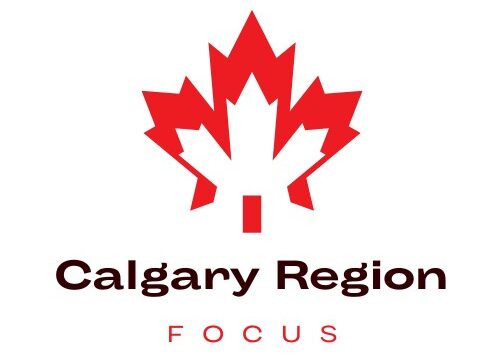Balance is a fundamental aspect of our daily lives, often taken for granted until it becomes compromised. For many individuals, issues related to balance stem from vestibular dysfunction, affecting the inner ear and disrupting the body’s equilibrium. Vestibular rehabilitation offers a targeted approach to address these challenges, empowering individuals to regain stability and enhance their overall quality of life.
What is Vestibular Rehabilitation?
Vestibular rehabilitation is a specialized form of therapy designed to alleviate symptoms associated with vestibular disorders. These disorders can manifest in various ways, including vertigo, dizziness, imbalance, and spatial disorientation. They often result from conditions such as benign paroxysmal positional vertigo (BPPV), labyrinthitis, vestibular neuritis, or head injuries.
The primary goal of vestibular rehabilitation is to promote central nervous system compensation for inner ear deficits, ultimately restoring balance and minimizing symptoms. This multidimensional approach incorporates exercises and maneuvers tailored to the individual’s specific needs, aiming to improve gaze stability, balance, and sensory integration.
The Role of a Physiotherapist
Physiotherapists play a pivotal role in guiding patients through vestibular rehabilitation. With their expertise in movement science and rehabilitation principles, physiotherapists assess, diagnose, and treat vestibular disorders effectively. Through comprehensive evaluations, they identify impairments and develop personalized treatment plans to address each patient’s unique challenges.
Treatment may encompass a variety of techniques, including:
- Canalith Repositioning Maneuvers: These maneuvers are particularly effective for BPPV, aiming to reposition displaced otoconia within the inner ear’s semicircular canals.
- Gaze Stabilization Exercises: By enhancing the ability to fixate on visual targets during head movements, these exercises improve gaze stability and reduce symptoms of dizziness.
- Balance Training: Targeted exercises challenge balance control mechanisms, promoting adaptation and compensation for vestibular deficits.
- Sensory Integration Activities: Engaging multiple sensory systems (visual, vestibular, and somatosensory) helps recalibrate the brain’s perception of spatial orientation and movement.
Benefits of Vestibular Rehabilitation
Vestibular rehabilitation offers a range of benefits for individuals struggling with balance-related issues. By addressing underlying vestibular dysfunction and enhancing compensatory mechanisms, patients may experience:
- Improved Balance: Through targeted exercises and strategies, patients can regain stability and confidence in their movements, reducing the risk of falls and injuries.
- Reduced Vertigo and Dizziness: Many vestibular disorders manifest as sensations of spinning or dizziness. By promoting central nervous system adaptation, vestibular rehabilitation can alleviate these distressing symptoms.
- Enhanced Functional Capacity: As balance and stability improve, individuals often find it easier to perform daily activities, leading to increased independence and a better quality of life.
- Prevention of Secondary Complications: Addressing vestibular dysfunction promptly can help prevent secondary complications such as muscle weakness, joint stiffness, and anxiety related to falls.
The Importance of Seeking Professional Guidance
While some vestibular exercises can be performed independently, it’s crucial to seek guidance from a qualified physiotherapist. A thorough assessment ensures an accurate diagnosis and the development of a tailored treatment plan aligned with the individual’s needs and goals. Additionally, professional supervision ensures exercises are performed correctly and safely, maximizing their effectiveness.
Balance Physiotherapy: Your Partner in Vestibular Rehabilitation
At Balance Physiotherapy, we specialize in vestibular rehabilitation, helping individuals overcome balance challenges and reclaim their lives. Our team of experienced physiotherapists utilizes evidence-based practices to deliver personalized care, guiding patients through every step of their recovery journey.
With a holistic approach that addresses both physical and emotional aspects, we empower our patients to achieve lasting improvements in balance and mobility. Whether you’re struggling with vertigo, dizziness, or imbalance, our comprehensive vestibular rehabilitation programs are designed to meet your unique needs and restore your confidence in movement.
Don’t let vestibular dysfunction hold you back from enjoying life to the fullest. Contact www.balancephysiotherapy.com/ today to schedule a consultation and take the first step toward better balance and a brighter future.
Conclusion
Vestibular rehabilitation offers hope and tangible solutions for individuals grappling with balance-related issues. Through targeted exercises, strategies, and professional guidance, patients can overcome vestibular dysfunction and reclaim their independence. With the support of skilled physiotherapists and a commitment to personalized care, individuals can embark on a journey toward improved balance, enhanced quality of life, and greater confidence in their abilities.
